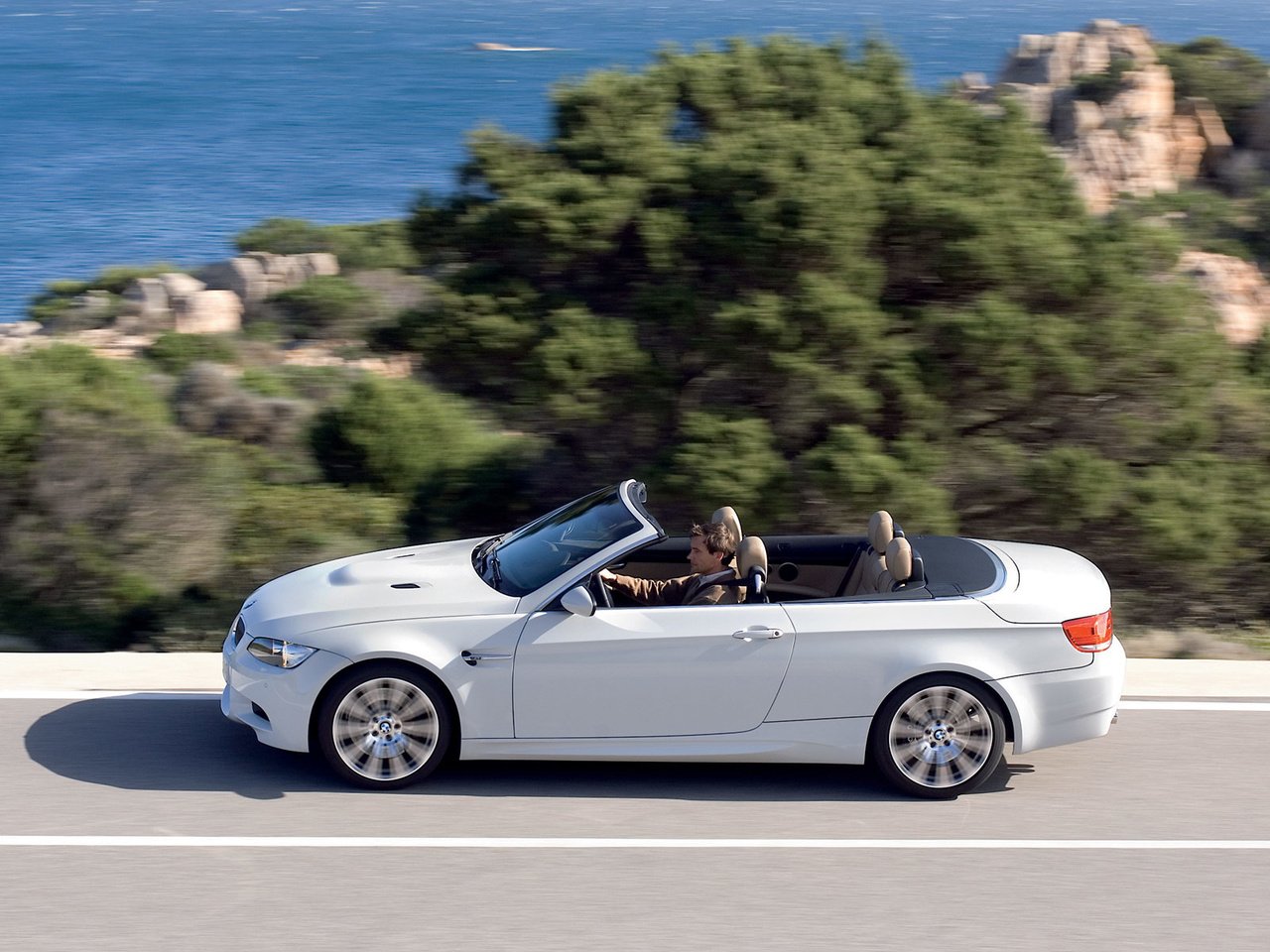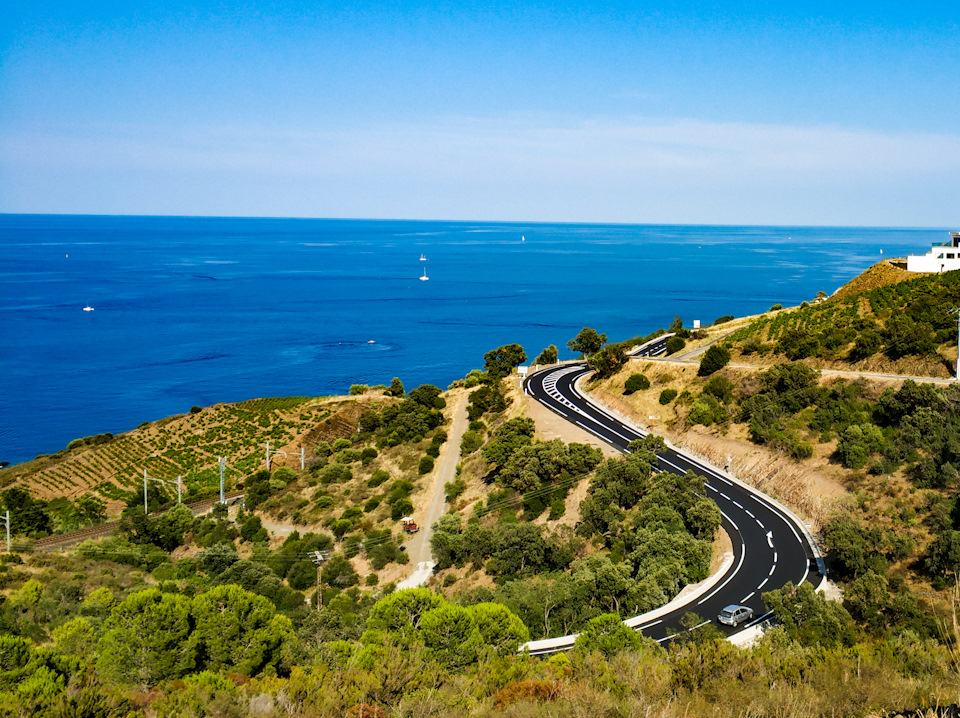Испания – прекрасная страна и за один отпуск, увы, не объедешь ее. Но, чтобы увидеть крупные города, подняться в горы, добраться до самых лучших пляжей, проникнуться духом Каталонии, можно арендовать автомобиль. Такой вид путешествий с каждым годом становится более популярным. Увлекательное путешествие и свобода передвижения оставят лишь приятным воспоминания, если вы заранее изучите небольшую информацию об аренде и правилах дорожного движения в стране.

Начнем с того, что арендовать автомобиль вы можете в любом городе Испании. Чаще всего путешественники предпочитают начать свой трип со следующих городов: Барселона, Мадрид, Малага, Аликанте, Бильбао, Валенсия, Гранада, Гран-Канария, Жирона, Ибица, Марбелья, Майорка, Салоу, Сантандер, Севилья, Таррагона, Тенерифе, Торревьеха, Фигерас, Фуэртевентура, Фуенгирола, Ллоред де Мар, Реус. Как видите, список большой, как и выбор автомобилей. Поэтому заранее продумайте маршрут поездки, количество вещей и количество пассажиров с вами, ведь первый шаг, который нужно сделать – это выбрать удобный для вас транспорт.
На нашем сайте вы можете сравнить цены поставщиков услуг и выбрать приемлемый для вас вариант. Рекомендуем планировать заранее, так как в сезон лучшие варианты разбирают быстро, а необходимой машины может не оказаться в наличии. Покупкой онлайн, вы как минимум забронируете подходящий вариант. Для аренды потребуются лишь права международного образца, паспорт и кредитная карта.

Что важно знать о правилах?
Следует помнить, что испанское законодательство требует, чтобы все пассажиры автомобилей были пристегнуты ремнями безопасности, а также что ни один ребенок в возрасте до двенадцати лет не может находиться в передней части транспортного средства, если он не находится в специально приспособленном заднем сиденье для младенцев.
Качество указателей в Испании значительно варьируется. В целом, все основные дороги хорошо обслуживаются, но есть риск покинуть их. Наличие крупномасштабной карты рекомендуется независимо от вашего маршрута, особенно если вы планируете отклониться от основных автомагистралей. Настоятельно рекомендуем туристский Атлас Испании Michelin как для планирования маршрута, так и для определения местоположения вашего объекта размещения для отдыха.
Радиолокационные ловушки скорости очень распространены, и штрафы (которые должны быть оплачены на месте) могут быть тяжелыми. Если встречные автомобили мигают вам фарами, это часто означает, что впереди есть ловушка скорости. Однако мигание фар может также означать и иное.
Ограничения скорости в Испании указаны ниже:
В населенном пункте — 50 км/ч
Вне населенного пункта — 90 км/ч
На автомобильной дороге — 100 км/ч
На автомагистрали — 120 км/ч

Не допускайте топливо до критических отметок. Стоит помнить, что немногие сельские заправки открыты 24 часа, а также что они могут быть закрыты до двух часов в обеденное время и в течение всего дня в воскресенье. Иногда вы можете проехать много миль в сельской Испании, не видя заправочных станций.
В последние годы в Испании была проведена огромная дорожно-строительная программа, и их автомагистрали (autopistas) в настоящее время являются одними из лучших в Европе. Однако большинство из них являются платными дорогами (autopistas de peajes), и плата за их использование (оплачиваемая наличными или кредитной картой) далеко не дешевая. Сами автострады никогда не бывают особенно многолюдными - к тому же почти всегда оживленными являются платные дороги, ведущие к одному и тому же месту назначения. Выбор очень прост. Если вы намерены покрыть большие расстояния как можно быстрее, использование сети автомагистралей, вероятно, является единственным реалистичным способом. С другой стороны, если вы не торопитесь, хотите сэкономить деньги и хотите увидеть что-то из Испании по пути, вам будет лучше использовать двухполосные дороги (autovias), которые имеют префикс E.
Все дороги категории Е являются бесплатными. Они также имеют тот же максимальный предел скорости, что и автомагистрали, хотя даже отдаленно приблизиться к этому пределу порой может быть далеко нелегко. Одна полезная функция, чтобы высматривать на двухполосных дорогах, если вы случайно пропустите свой поворот, - это знак «cambio de sentido», что означает, что впереди есть возможность изменить свое направление через нижний или верхний проход.
В случае привлечения к ответственности и осуждения за несоблюдение требований законодательства суды во всех странах ЕС обладают широкими полномочиями по наложению строгих штрафов, а сотрудники по аресту - широкими полномочиями по наложению «на месте штрафов».
В тот момент, когда выписывают штраф, он должен быть выплачен наличными, в местной валюте, арестовывающему офицеру. Кредитные карты и дорожные чеки к оплате не принимаются. Радар-детекторы являются незаконными в Испании, независимо от того, используются они или нет. Если вы будете пойманы с таким оборудованием в вашем автомобиле, Вы подлежите крупному штрафу.
Телефоны экстренных служб:
112-Европейский общий номер службы экстренной помощи
061-неотложная медицинская помощь
091-полиция
080-пожарная часть
Поездка по Испании на автомобиле принесет вам яркие впечатления. Красивые пейзажи, неповторимая атмосфера в каждом населенном пункте, ощущение приключения и множество дорог, выбрав которые, вы проведете один из лучших отпусков в этой стране.
